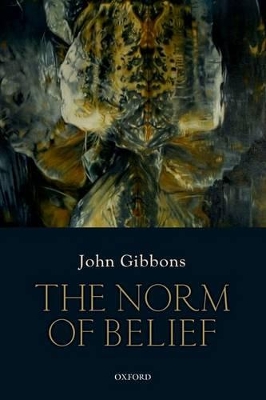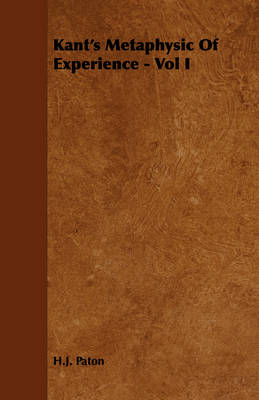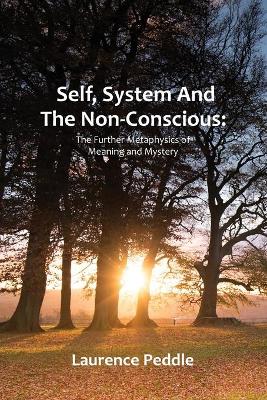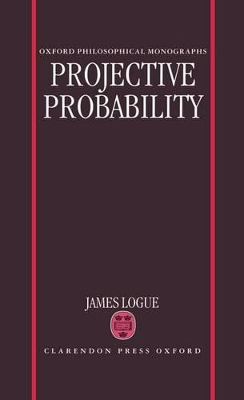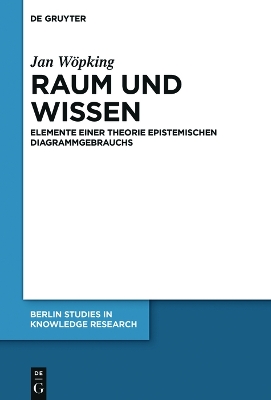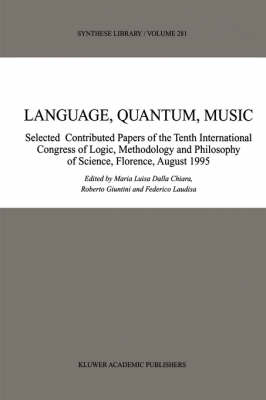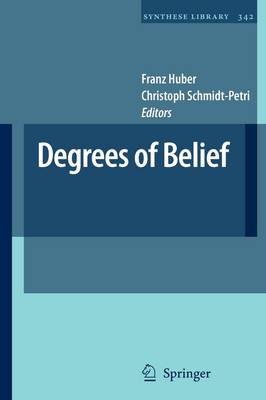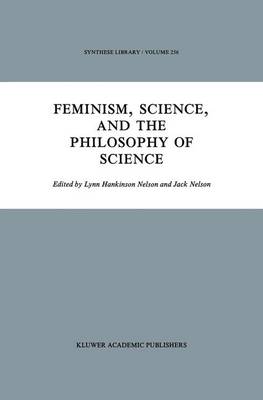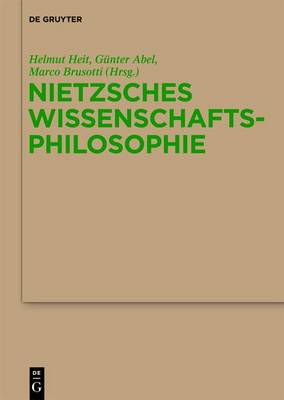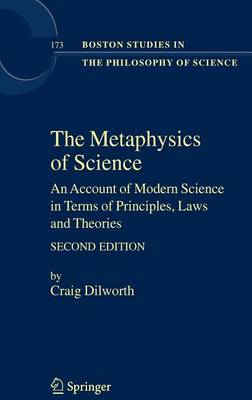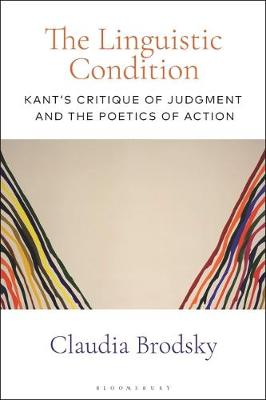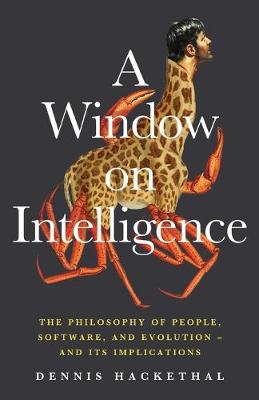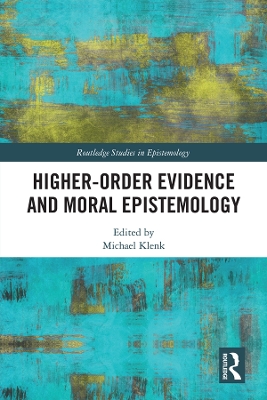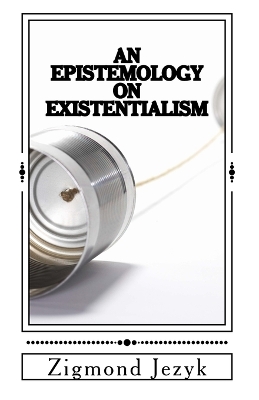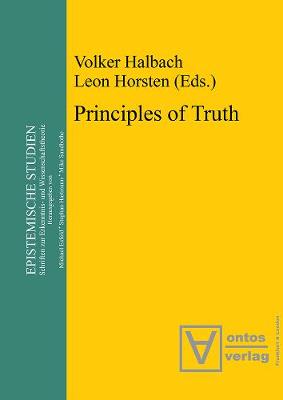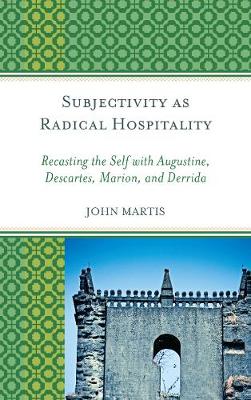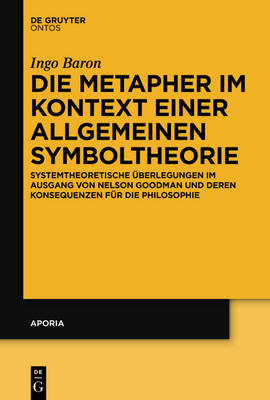John Gibbons presents an original account of epistemic normativity. Belief seems to come with a built-in set of standards or norms. One task is to say where these standards come from. But the more basic task is to say what those standards are. In some sense, beliefs are supposed to be true. Perhaps they're supposed to constitute knowledge. And in some sense, they really ought to be reasonable. Which, if any of these is the fundamental norm of belief? The Norm of Belief argues against the teleolo...
This book presents a novel theory of probability and judgements of probability: strong coherentist subjectivism. Logue combines three claims in his exposition of this theory. The first states that probabilities may be treated as the degrees of partial belief of (ideally rational) agents, best established by the examination of behaviour. Thus, probability is personalist. The second claim contends that only such degrees of belief can be construed as probabilities: on this strongly subjectivist v...
Mary Leng offers a defense of mathematical fictionalism, according to which we have no reason to believe that there are any mathematical objects. Perhaps the most pressing challenge to mathematical fictionalism is the indispensability argument for the truth of our mathematical theories (and therefore for the existence of the mathematical objects posited by those theories). According to this argument, if we have reason to believe anything, we have reason to believe that the claims of our best e...
Language, Quantum, Music (Synthese Library, #281)
A vivid and comprehensive picture of the current state of research in all directions of logic and philosophy of science. The book presents a wide combination of papers containing relevant technical results in the foundations of science and papers devoted to conceptual analyses, deeply rooted in advanced present-day research. Audience: The volume is attractive both for specialists in foundational questions and scholars interested in general epistemology.
Degrees of Belief (Synthese Library, #342) (Synthese Library (Paperback), #342)
This book has grown out of a conference on "Degrees of Belief" that was held at the University of Konstanz in July 2004, organised by Luc Bovens, Wolfgang Spohn, and the editors. The event was supported by the German Research Fo- dation (DFG), the Philosophy, Probability, and Modeling (PPM) Group, and the CenterforJuniorResearchFellows(since2008:Zukunftskolleg)attheUniversityof Konstanz. The PPM Group itself - of which the editors were members at the time - was sponsored by a So a Kovalevskaja A...
Feminism, Science, and the Philosophy of Science (Synthese Library, #256)
Feminism, Science, and the Philosophy of Science brings together original essays by both feminist and mainstream philosophers of science that examine issues at the intersections of feminism, science, and the philosophy of science. Contributors explore parallels and tensions between feminist approaches to science and other approaches in the philosophy of science and more general science studies. In so doing, they explore notions at the heart of the philosophy of science, including the natu...
Nietzsches Wissenschaftsphilosophie (Monographien Und Texte Zur Nietzsche-Forschung, #59)
Providing a unique interpretation of Kant's theory of judgement as integral to his overall project, Claudia Brodsky explores his continued relevance to contemporary theoretical concerns. The Linguistic Condition traces how Kant combined sensus communis, or common sense with the communicative nature of judgement to reveal that, for him, acts of judgement are dependent on their linguistic articulation, so that in Kantian philosophy language and judgement are inextricably linked. In this first in-d...
Higher-Order Evidence and Moral Epistemology (Routledge Studies in Epistemology)
This book offers a systematic look at current challenges in moral epistemology through the lens of research on higher-order evidence. Fueled by recent advances in empirical research, higher-order evidence has generated a wealth of insights about the genealogy of moral beliefs. Higher-Order Evidence and Moral Epistemology explores how these insights have an impact on the epistemic status of moral beliefs. The essays are divided into four thematic sections. Part I addresses higher-order evidence...
Principles of Truth (Epistemische Studien, #1) (Epistemische Studien / Epistemic Studies)
On the one hand, the concept of truth is a major research subject in analytic philosophy. On the other hand, mathematical logicians have developed sophisticated logical theories of truth and the paradoxes. Recent developments in logical theories of the semantical paradoxes are highly relevant for philosophical research on the notion of truth. And conversely, philosophical guidance is necessary for the development of logical theories of truth and the paradoxes. From this perspective, this volume...
Intervervening in a lively debate in contemporary European philosophy, this book offers a radically revisioned account of the self subjected to experience. Patiently yet vigorously engaging Jean-Luc Marion's reading of selfhood in St Augustine, Martis reaches back deeply into the Western Philosophical tradition to propose a bold solution to the phemomenological problem of how a self can recognise an other, while remiaining itself. Insights from Descartes, Kant, Derrida, Blanchot, Romano and othe...
Die Metapher Im Kontext Einer Allgemeinen Symboltheorie
by Ingo Baron
Kommentar zu Platons "Phaidros" (Philosophische Untersuchungen, #1)
by Hermeias von Alexandrien

